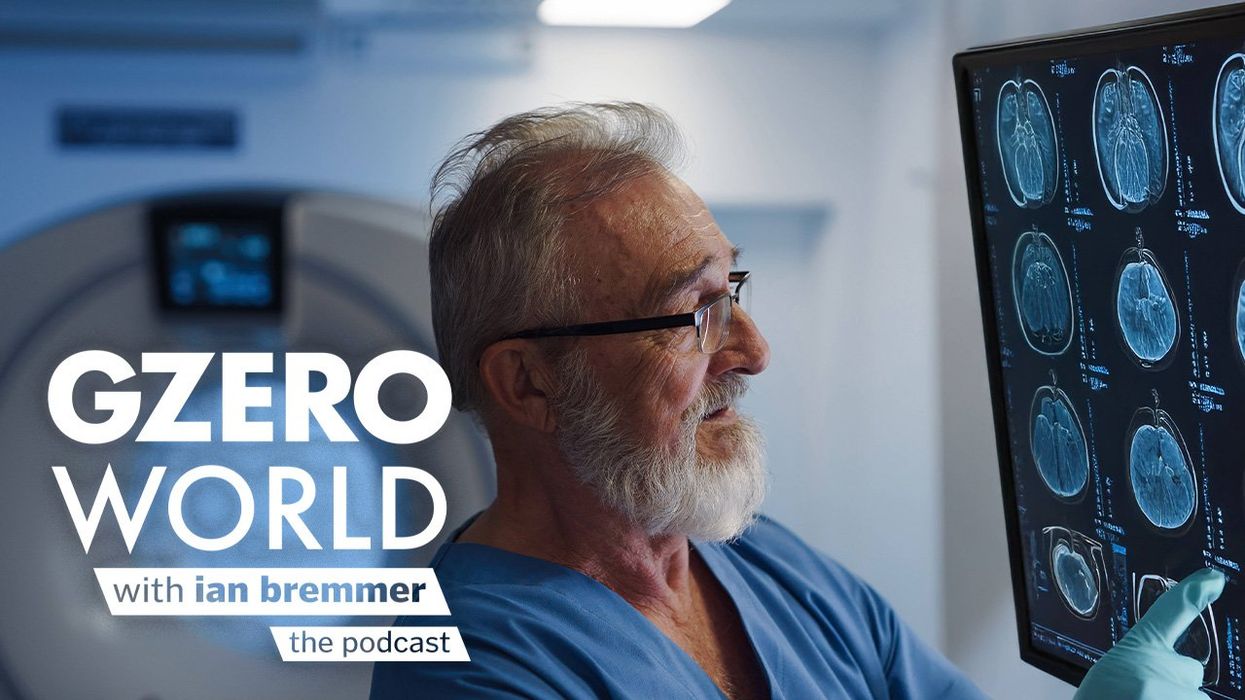GZERO World with Ian Bremmer Podcast
How AI will revolutionize medicine with Siddhartha Mukherjee
Ian Bremmer sits down with physician and author Siddhartha Mukherjee to explore how AI is revolutionizing cancer treatment and drug discovery.
Sep 06, 2025



